New form of calcite can absorb water as well as contaminants like oil and dyes
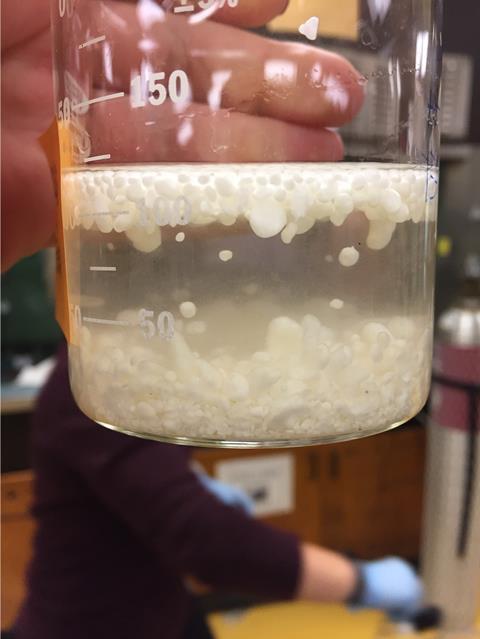
Researchers in Canada have discovered a new spongey form of calcium carbonate. The material could find use in oil spill remediation or biomedicine.
Calcium carbonate is a naturally occurring mineral found in the shells of marine molluscs. It’s well known for its hard, chalky feel, but now researchers have found a way to make absorbent pads from the material.
The team from Memorial University of Newfoundland in St John’s, led by Francesca Kerton, was trying to find ways to reuse the discarded material from seafood waste bythey treating ground up mussel shells with dilute acetic acid. To their surprise, they found sponge-like white pads forming overnight in their experiments.
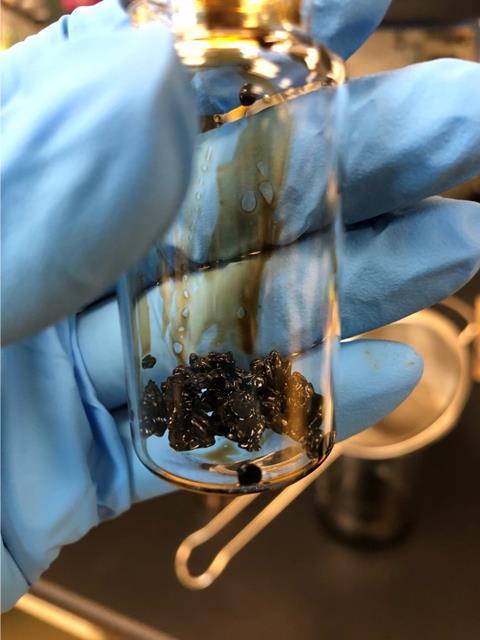
Using x-ray diffraction and scanning electron microscopy the team found that the material was composed of a nest-like formation of calcite crystals.
The material can absorb up to 10 times its own mass in water and can also absorb contaminants like dyes and oil. While this might suggest a potential use in marine clean-up operations, the material can’t yet be made on large scale. The researchers suggest it may be more likely to find use in drug delivery or other biomedical applications.
References
J N Murphy et al,Matter, 2020, DOI: 10.1016/j.matt.2020.09.022





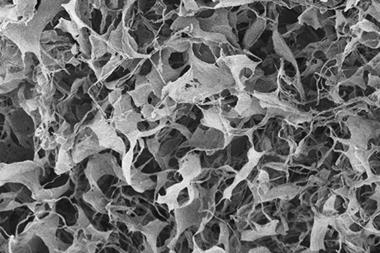




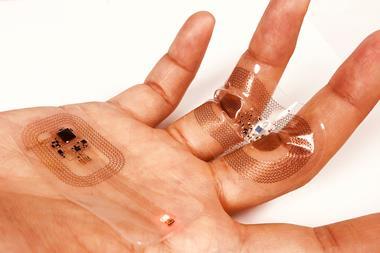


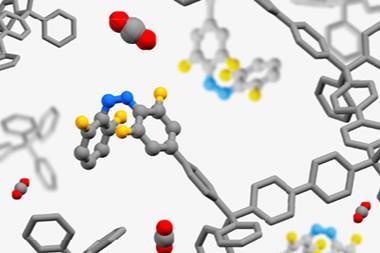
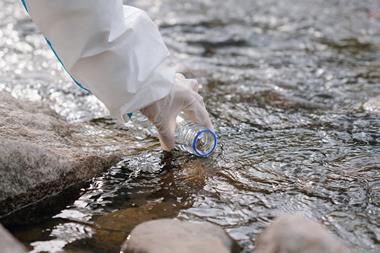


No comments yet